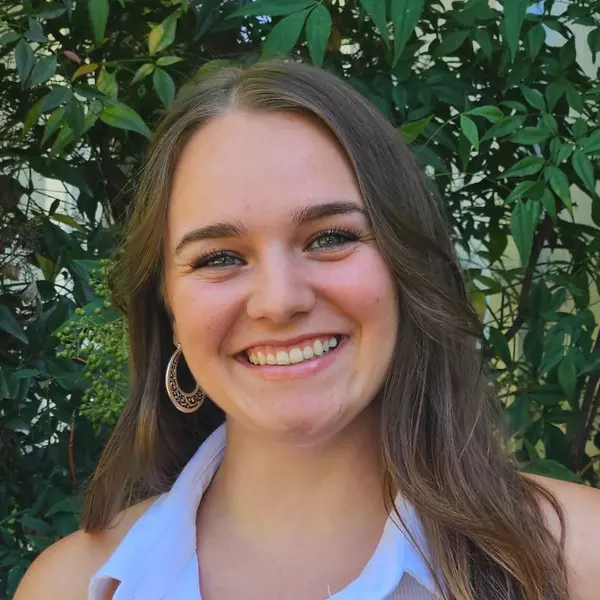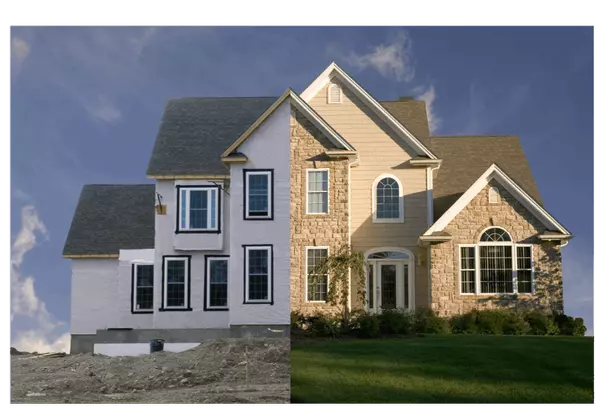First Time Home Buyers Need to Know This!

Calling all First Time home buyers!!
Take a look at these top 10 tips every First Time home buyer should know!
1. Understand Your Budget
Before you start browsing homes, it’s crucial to figure out how much you can afford. A good rule of thumb is that your mortgage payment shouldn’t exceed 28-30% of your gross monthly income. Be sure to factor in other expenses like property taxes, homeowner’s insurance, and maintenance costs.
2. Get Pre-Approved for a Mortgage
Before you fall in love with a home, get pre-approved for a mortgage. This shows sellers that you’re a serious buyer and helps you set a realistic budget. Your lender will evaluate your financial situation to determine how much they’re willing to lend you.
3. Know the Types of Mortgages
There are various types of mortgage loans available, including fixed-rate, adjustable-rate, and government-backed loans like FHA or VA loans. Each has its pros and cons, so it’s essential to choose the one that fits your financial situation.
4. Work with a Real Estate Agent
A real estate agent is your best ally during the home-buying process. They can help you find properties that fit your needs, negotiate the best price, and guide you through the paperwork. It’s essential to choose someone who knows the local market and has experience working with first-time buyers.
5. Save for a Down Payment
While the ideal down payment is typically 20%, there are options available for those who can’t put down that much. Many first-time buyers qualify for programs that require as little as 3-5% down. Start saving early and explore your options.
6. Don’t Skip the Home Inspection
A home inspection is essential for identifying potential issues with the property. It can uncover hidden problems like structural damage, electrical issues, or plumbing concerns. If the inspection reveals problems, you can either negotiate repairs or walk away from the deal.
7. Know Your Needs vs. Wants
While it’s easy to get excited about fancy features, focus on your must-haves. Make a list of your non-negotiable needs (such as the number of bedrooms or proximity to work) and keep your wants in a separate category. This will help you stay within your budget and avoid getting sidetracked by homes that don’t meet your basic needs.
8. Don’t Forget About Closing Costs
Closing costs are the fees and expenses associated with completing the purchase of your home. These can range from 2% to 5% of the purchase price. Make sure to budget for these costs, which may include inspection fees, title insurance, and lender fees.
9. Understand the Local Market
Real estate markets vary from place to place. Research home prices, trends, and neighborhoods to understand the local market before making an offer. A local real estate agent can provide valuable insights into the best areas to buy within your budget.
10. Be Prepared for the Long-Term Commitment
Owning a home is a long-term financial commitment. You’ll be responsible for mortgage payments, property taxes, maintenance, and repairs. Be sure you’re ready for the responsibilities of homeownership before you take the leap.
Categories
Recent Posts




